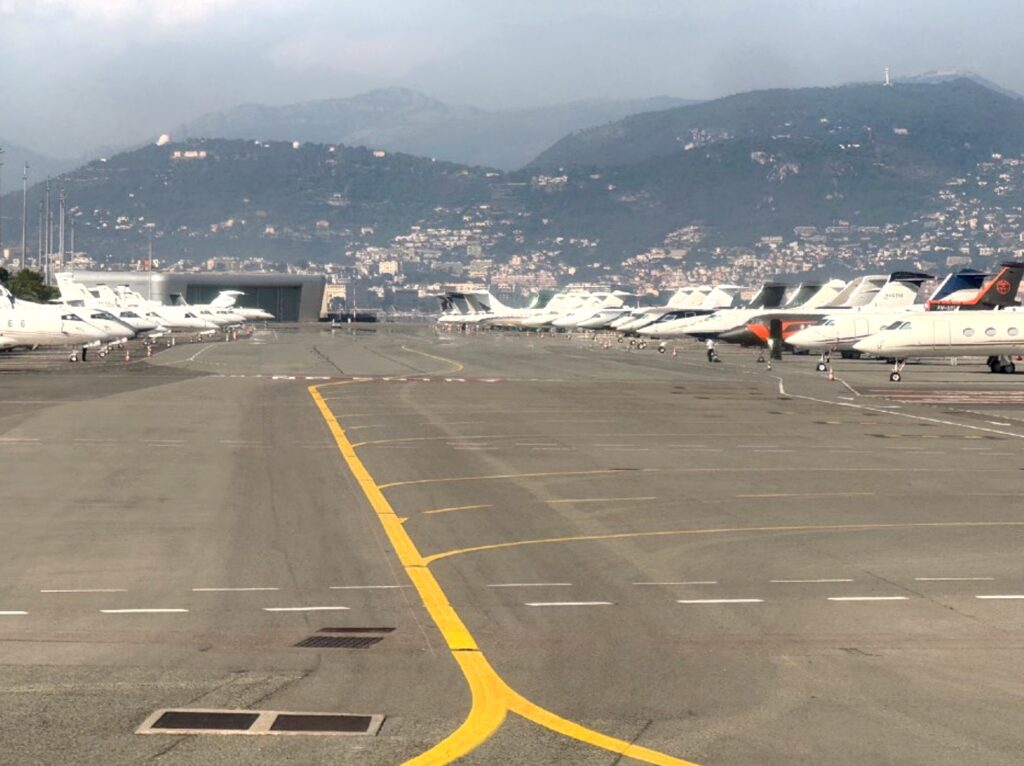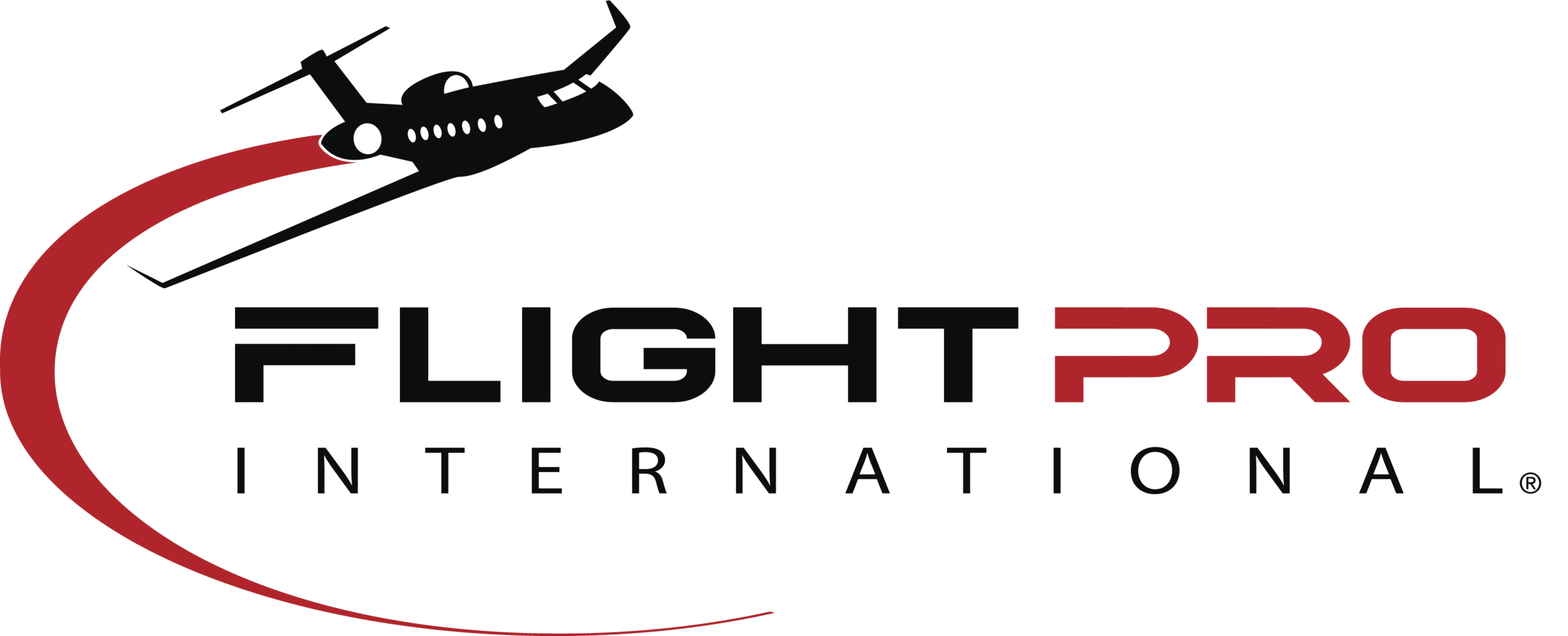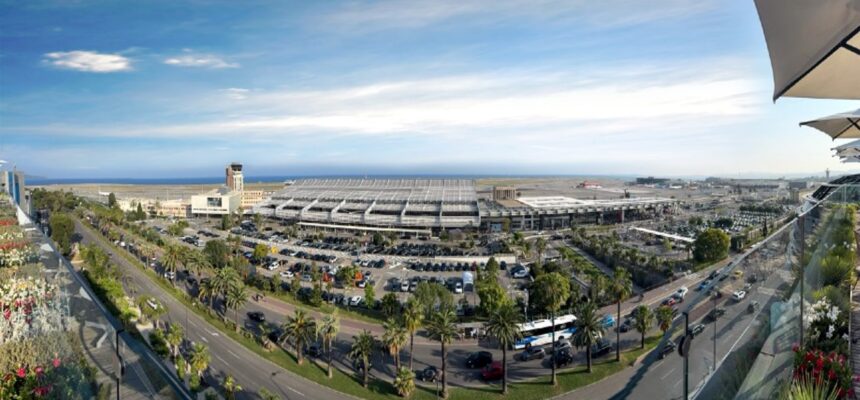Details credited to Guntars Lazdins, AviaVIP

(September 2025)
The Fuel Situation:
Since January 1st, 2025, double refueling has been banned for airlines operating more than 500 flights per year.
The Impact: Many airlines are now obliged to refuel in Nice/LFMN.
The Consequence: The two refuelers, WFS and SASCA, are in higher demand for commercial aviation. This immobilizes a truck and driver for commercial aviation flights for approximately 30 minutes each instance, to the detriment of general aviation aircrafts.
Growth in commercial aviation in Nice is now massive, including large widebody aircrafts.
The Fuel Infrastructure at Nice Airport: The Nice fuel farm was built in 1957 for a volume of activity that was expected at the time (its autonomy represents approximately one day of airport activity), which is no longer in line with the number of flights handled nowadays. Plans to build a new fuel farm have not yet come to fruition due to regulatory, environmental, and space constraints.
Fuel is delivered to Nice Airport by trucks from refineries located between 1.5 and 3 hours’ drive from the airport. There are no pipelines due to the population density and environmental regulations that have become too strict to allow for their installation.
Fuel companies have contracts with commercial airlines that include heavy penalties for any delays caused by the fueler. This is why the fuel delays announced by fuelers are indicative. If “additional” or unscheduled fuel is requested for a commercial airline, the request will generally be given priority so as not to incur penalties for delays at the expense of general aviation (GA) aircraft.
The overall impact for GA is longer and dissuasive delays, even including “no fuel for GA” on certain days.
For all these issues, we recommend to tanker fuel if possible before arriving to Nice / LFMN. If not possible, and if aircraft operations allows it – fueling should be done upon arrival to prevent delays on the day of departure. For longer stays, fueling the day before departure should be planned. Be aware that depending on aircraft parking position (i.e. Kilo), aircraft towing might be needed, and this takes time during a busy period.
The Air Traffic Control Situation:
This year France and Nice area experienced regular strikes due to traffic controllers.
The Air Traffic Controllers’ union strike on July 3rd and 4th, 2025, was a major strike for the first time in many years. French Civil Aviation Authorities decided on a zero-rate for all general aviation flights (Nice, Paris Le Bourget, Cannes, and Marseille). All PPRs for general aviation flights during this period were cancelled by the DGAC.
Since the beginning of July 2025, there has been strong and continuous pressure to introduce regulations, citing safety concerns (staff shortages, too many planes, weather conditions, etc.). In mid-July 2025, the DGAC decided to reduce the number of slots allocated to general aviation.
The very large and frequent ATC slots have a significant impact on Nice, with flights being cancelled due to crew schedules. Flight preparations by crew have been complicated (such as computers going into safety mode, finalization of flight settings during taxiing, no APU, etc.). These issues and their consequences for crew were communicated to the airport manager in advance in February 2025. A joint solution had been found with the airport manager, including using parking stands 30, however this solution became uncertain following the air traffic control’s decision (due to the need to cross the Tango taxiway, which requires the combined approval of the airport manager and air traffic control).
The Parking Situation — Kilo Parking:
Kilo parking area is currently dedicated to GA, but with strict restrictions (i.e. no APU, towing on arrival and departure, densification, brakes off mandatory). Kilo area is now open to more larger aircraft (such as GLF6, etc.)

Kilo parking has 6 departure positions for the entire Kilo parking area. Towing is decided by airport authorities based on the Start Up Time / TSAT, not the handling agent. Towing can only be allowed if departure area (lot 1) is free.
If an aircraft is in parking lot 1 but has an ATC slot (which can change up to the last minute), it may remain in parking lot 1 until its departure, preventing the next aircraft to take its place. The rise of ATC slot frequency over the last few years makes departure management difficult as they are not under the handling agent’s responsibility.
Parking 30: Before the start of the summer season, it was agreed that long-haul aircraft, such as G6s and aircraft unable to use position 1 (saturation, etc.), could be towed to parking 30 (using five positions or more, depending on the aircraft’s wingspan). However, this solution is subject to authorization by the tower due to the crossing of a taxiway. According to the tower manager, this may be prohibited. The tower manager may decide that all towing to parking areas 30 and above is prohibited for reasons of safety and traffic density (from 10 a.m. to 1 p.m., for example).
The consequences have had a snowball effect: Aircraft that cannot be towed cannot meet their slot, and therefore may have a slot of 60 minutes or more… with fewer slots available. The impact is all the greater as APU usage is prohibited in Kilo. To minimize the impact, AVIAVIP handling is currently testing a mobile air conditionning system.
— — —
As a reminder, FPI has a locally based team in France, ready to meet all client needs related to Nice, as well as recommendations and alternate solutions at other regional airports (Marseille, Avignon, Toulon, etc.) should events in Nice become a problem.
Please reach out to FPI’s French Ops Team (LCojan@flightprointl.com) to let us know how we can assist with your trip planning into the region, or if you have any questions regarding the information mentioned above.
— — —
To learn more about FPI, FPC, or regarding the Compliance, Operations, Regulatory, and other Special Services Network (SSN) teams, please contact our Operations staff here at Flight Pro International.
Our success is your success! Partner with us today.



